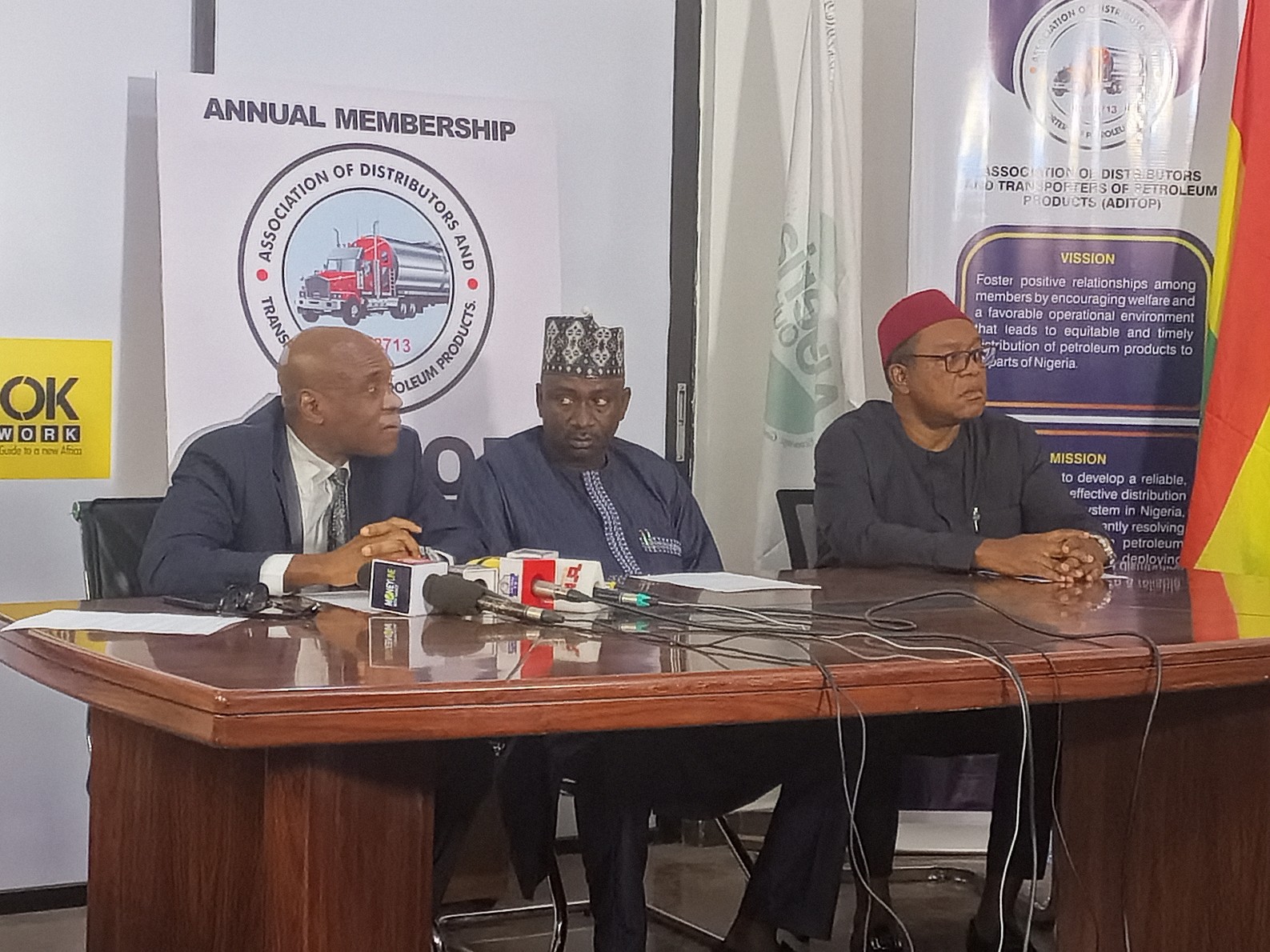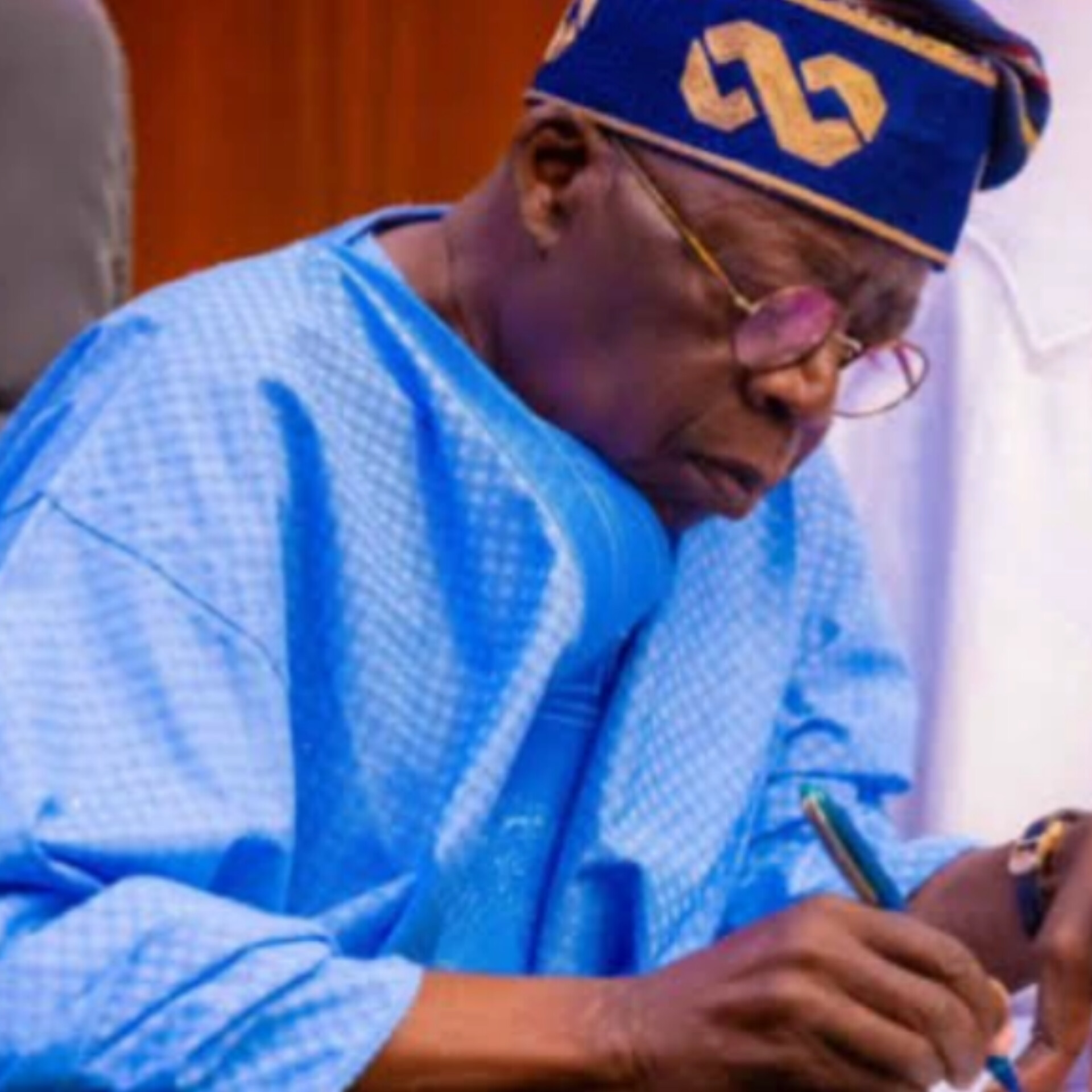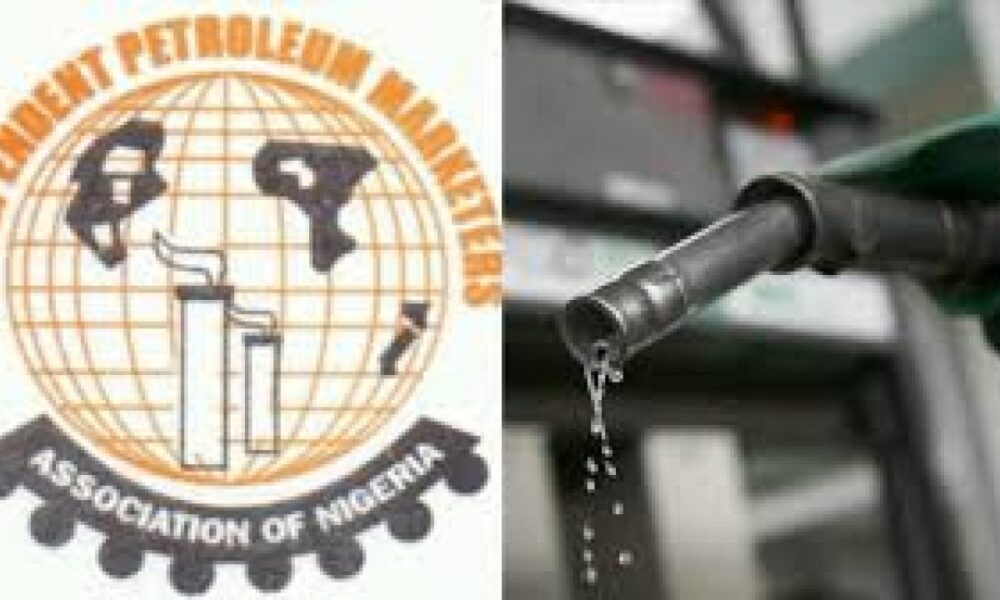The Senate has raised alarm over the persistent importation of hazardous petroleum products and the influx of substandard diesel into the Nigerian market, for which has launched an investigation into the matter.
The upper legislative chamber is also planning to review the Petroleum Industry Act (PIA), noting that Nigeria has yet to attract significant investment since the Act’s implementation, while substandard petroleum products continue to flood the market.
The red Chamber therefore raised an Ad-hoc committee to investigate the alleged importation of hazardous petroleum products and the dumping of substandard diesel in Nigeria.
The resolution on the probe was passed as a matter of urgent public importance, followed a motion by Sen. Asuquo Ekpenyong from Cross River State, on Wednesday.

During plenary which was presided over by the President of the Senate, Sen. Godswill Akpabio, the committee was given terms of reference to inlude, “Examinining the pre-shipment and pre-discharge standard test parameters, adopted by the Nigerian Midstream and Downstream Regulatory Authority, with a view to uncovering loopholes, if any, exploited to get toxic cargoes into the country.
“Determining the level of compliance of the NPCL’s Direct Sale and Direct Purchase (DSDP) arrangements in line with the provisions of the Petroleum Industry Act, including the extent of transparency and accountability in the scheme.
“Beam legislative searchlight on the activities of the Petroleum Equalisation Fund, including payments made to transporters in the last 10 years.
“Enquire from the NPCL the state/ status of the 22 Depots built by the NNPC to eliminate road distribution of petroleum products.
“Engage with stakeholders within the oil and gas industry with a view to identifying possible gaps in regulating and strengthening the surveillance and monitoring structures in place to enable Nigeria detect violations of best practice standards in the importation of products before they enter into domestic supply chains.
“Also engage with the NNPCL with a view to understanding the extent of its determination and timelines for the start-up of Government funded oil refineries.
“Investigate how institutions across the importation and distribution chain failed to conduct quality sampling, shipped in products without auditing, port validations by the Nigerian Customs Service; Department of Petroleum Resources (DPR); National Maritime Authority (NMA); and Standard Organisation of Nigeria (SON).”
The Senate gave the committee 21 days conduct the investigation and submit a report.
Ekpenyong, while moving his motion, recalled how on June 16, 2024, 12 diesel cargoes, reportedly conveying a total of 660kt of diesel was exported by refineries to offshore Lome, Togo, for further distribution to West African markets, mainly Nigeria.
He told the Senate that the quality of the said diesel was below the Nigerian standard in terms of flash and Sulphur levels.
Ekpenyong added, “However, in spite of the substandard nature of the diesel, it still finds its way into the Nigerian markets, as a track on Mt ‘Kallos’, which arrived Lome on the 16th of June, which immediately did ship-to-ship (STS) transfer to DV MT (Matric Triumph) and then proceeded to discharge into Matric Jetty in Warri on 21st June, 2024.
“Thereafter, another STS was made to DV MT ‘Matric Pride’, which then proceeded to discharge into Obat Oil terminal on 22nd June, 2024.”
The lawmaker further said the diesel was priced below fair market value, which constituted dumping on the World Trade Organisation (WTO) rules.
According to him, the rules stipulate that “countries are permitted to take measures to protect their local industries in the event of dumping.
“The WTO also recognises the impact of dumping on domestic industries, and therefore stipulates tariff regimes, such as anti-dumping duties and import restriction measures to ensure that domestic producers are not unfairly disadvantaged.”
Ekpenyong noted that even though the Nigerian Midstream and Downstream Petroleum Regulatory Authority (NMDPRA) had recently revised the standards of diesel importation into Nigeria in line with the Petroleum Industry Act, 2021, it was apparent that they were incapable of enforcing compliance with the standards.”
He deplored a situation where MDPRA persistently issued import licenses for diesel and jet, despite sufficient local production capacity.
The motion reads further, “Therefore, the best also option for protecting Nigerians and our local refineries against dumping is to place a total ban on the importation of diesel in so far as our local refineries can meet the Nigerian demands.
“The said ban on importation of diesel will be beneficial to the Nigerian petroleum Industry and indeed the entire nation, and as such, the MDPRA should cease to import licenses in order to address all concerns. However, if the situation is allowed to continue, local production will have no option than to stop the commissioning of gasoline units and shutdown refineries until the regulatory environment improves.
“This is against the backdrop that local production has been able to sell on 20kt of jet fuel in the last 3 months, relative to local demand of 180kt over the same period.
“Observes that the inability to inaugurate modular refineries as well as get existing refineries to be fully functional to discharge their functions to meet local demands for clean petroleum products, would make a Nigeria a dump site for dirty fuel.
“Concerned that importation of substandard diesel has both human and mechanical consequences, as toxic emissions from the diesel contribute to respiratory illnesses and other health issues as well as degrade engine life that would force consumers to deal with frequent vehicle and generator breakdowns with attendant higher maintenance costs.”
Speaking after the motion was passed, Akpabio observed that following the passage of the PIA, several local investors put their money in the oil and gas industry, but said they might be disappointed already, seeing that happenings in the industry didn’t encourage them.
He cited the case of the Dangote Group, which invested over $4billion to build a refinery in the country, but was being frustrated to a point of sourcing for crude outside the country




